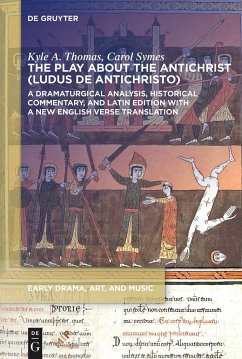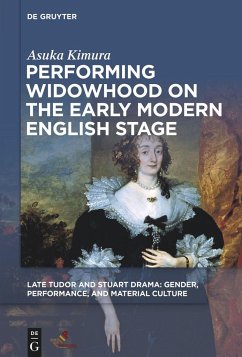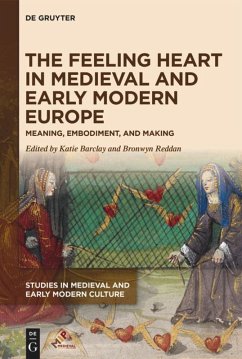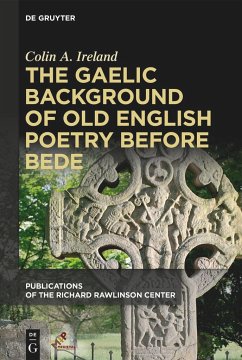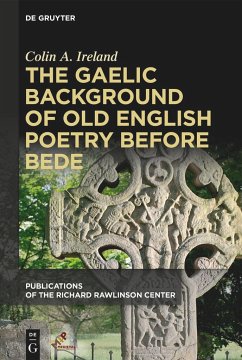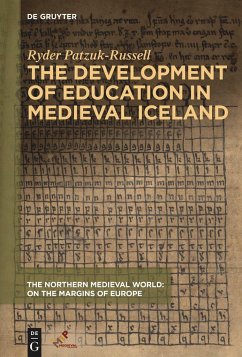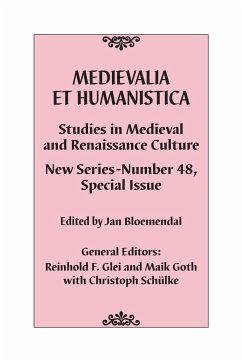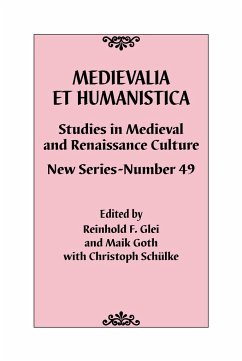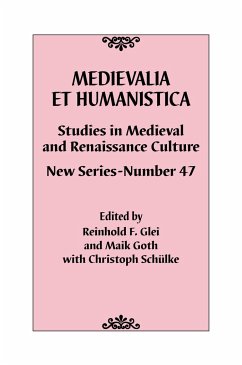Nicht lieferbar
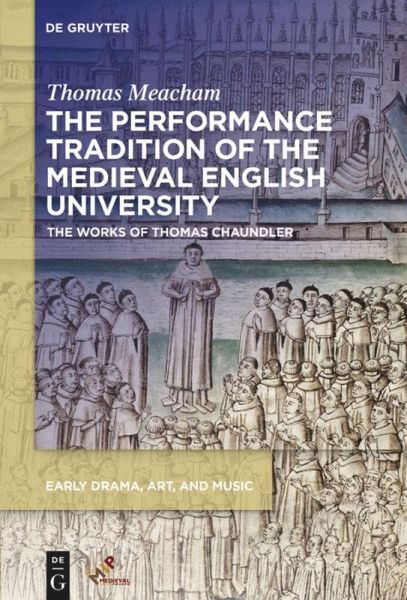
The Performance Tradition of the Medieval English University
The Works of Thomas Chaundler
This is a truly paradigm-shifting study that reads a key text in Latin Humanist studies as the culmination, rather than an early example, of a tradition in university drama. It persuasively argues against the common assumption that there was no "drama" in the medieval universities until the syllabus was influenced by humanist ideas, and posits a new way of reading the performative dimensions of fourteenth and fifteenth-century university education in, for example, Ciceronian tuition on epistolary delivery. David Bevington calls it "an impressively learned discussion" and commends the sophistic...
This is a truly paradigm-shifting study that reads a key text in Latin Humanist studies as the culmination, rather than an early example, of a tradition in university drama. It persuasively argues against the common assumption that there was no "drama" in the medieval universities until the syllabus was influenced by humanist ideas, and posits a new way of reading the performative dimensions of fourteenth and fifteenth-century university education in, for example, Ciceronian tuition on epistolary delivery. David Bevington calls it "an impressively learned discussion" and commends the sophistication of its use of performativity theory.





